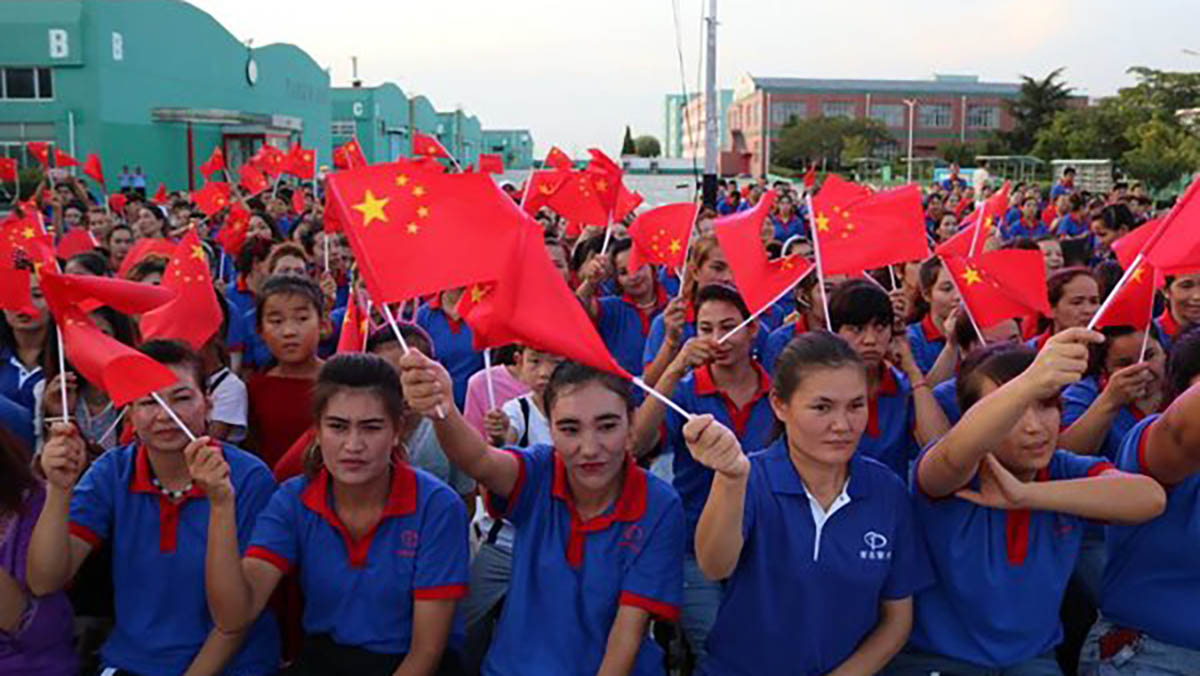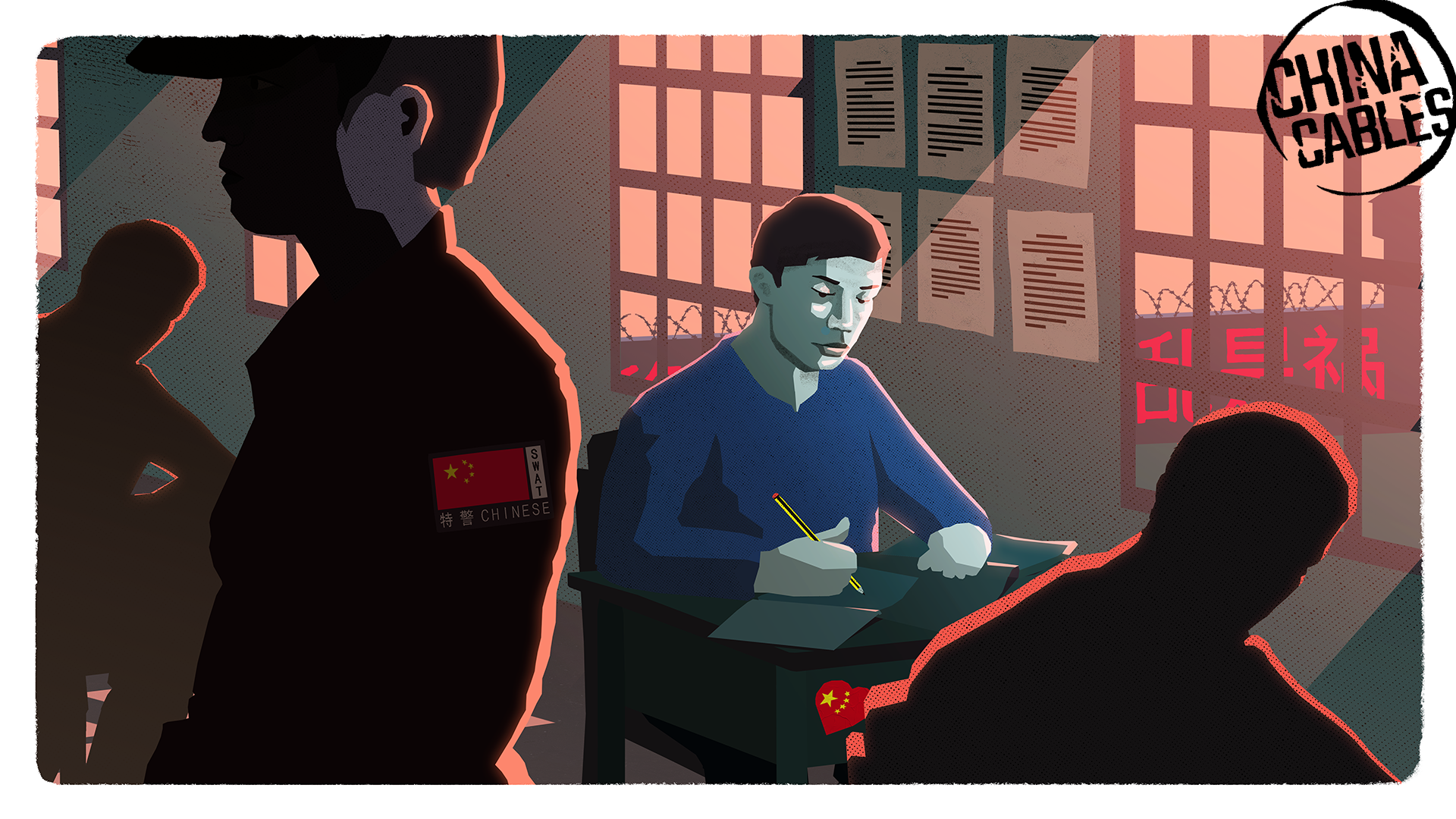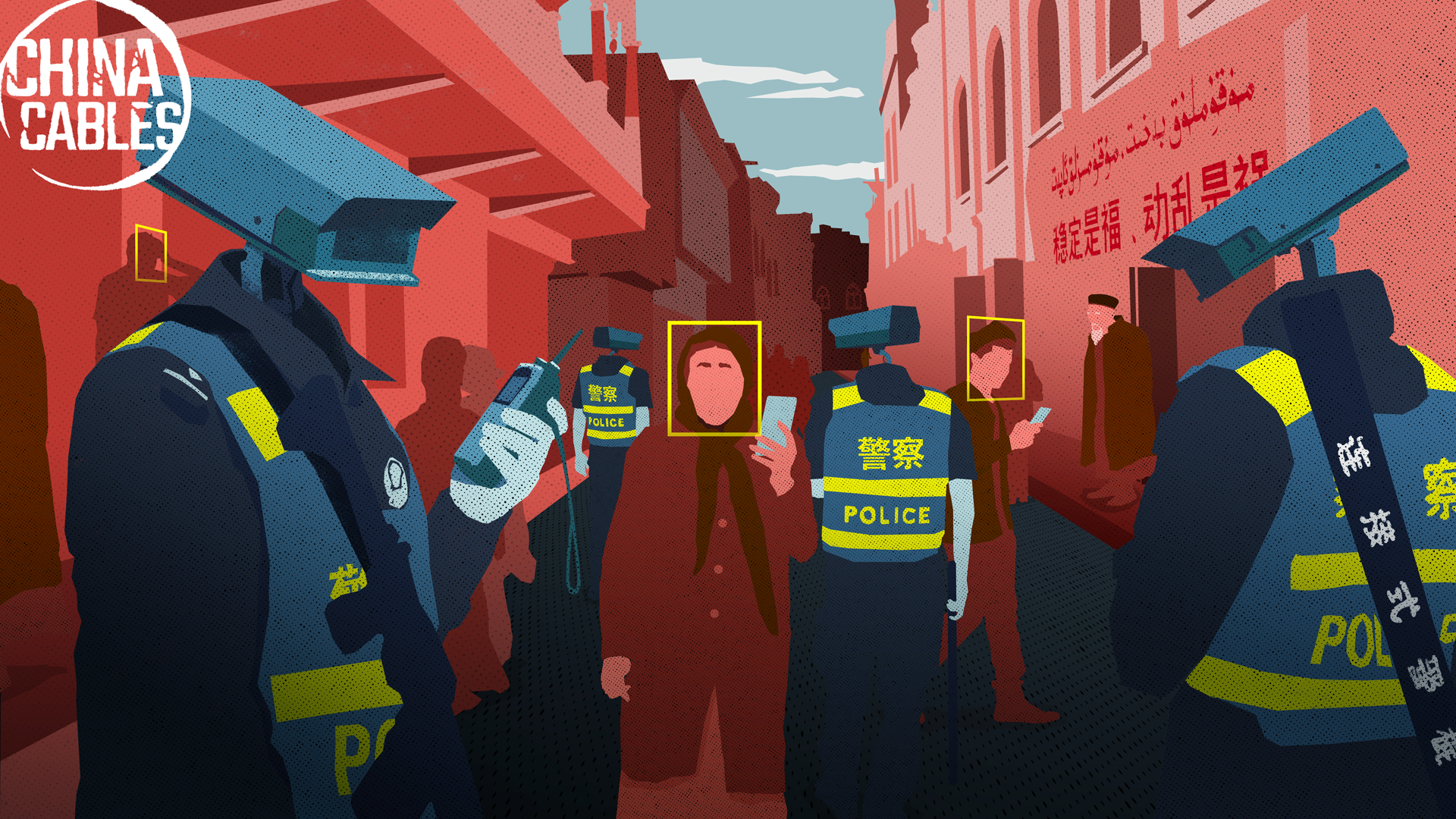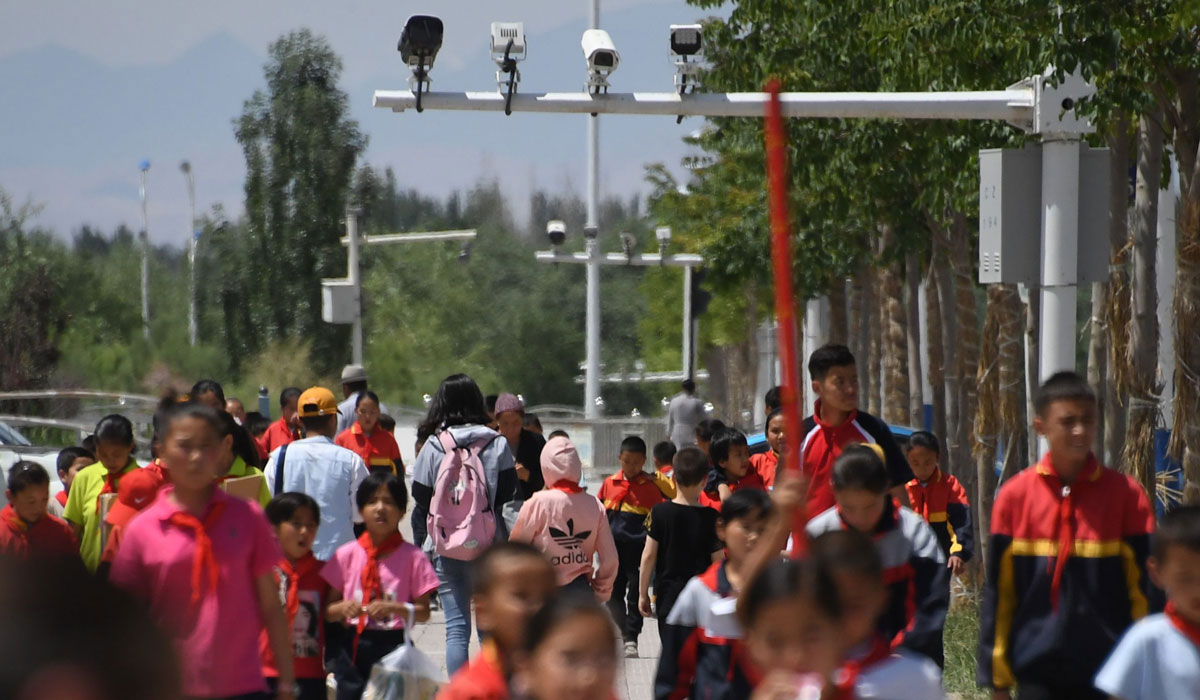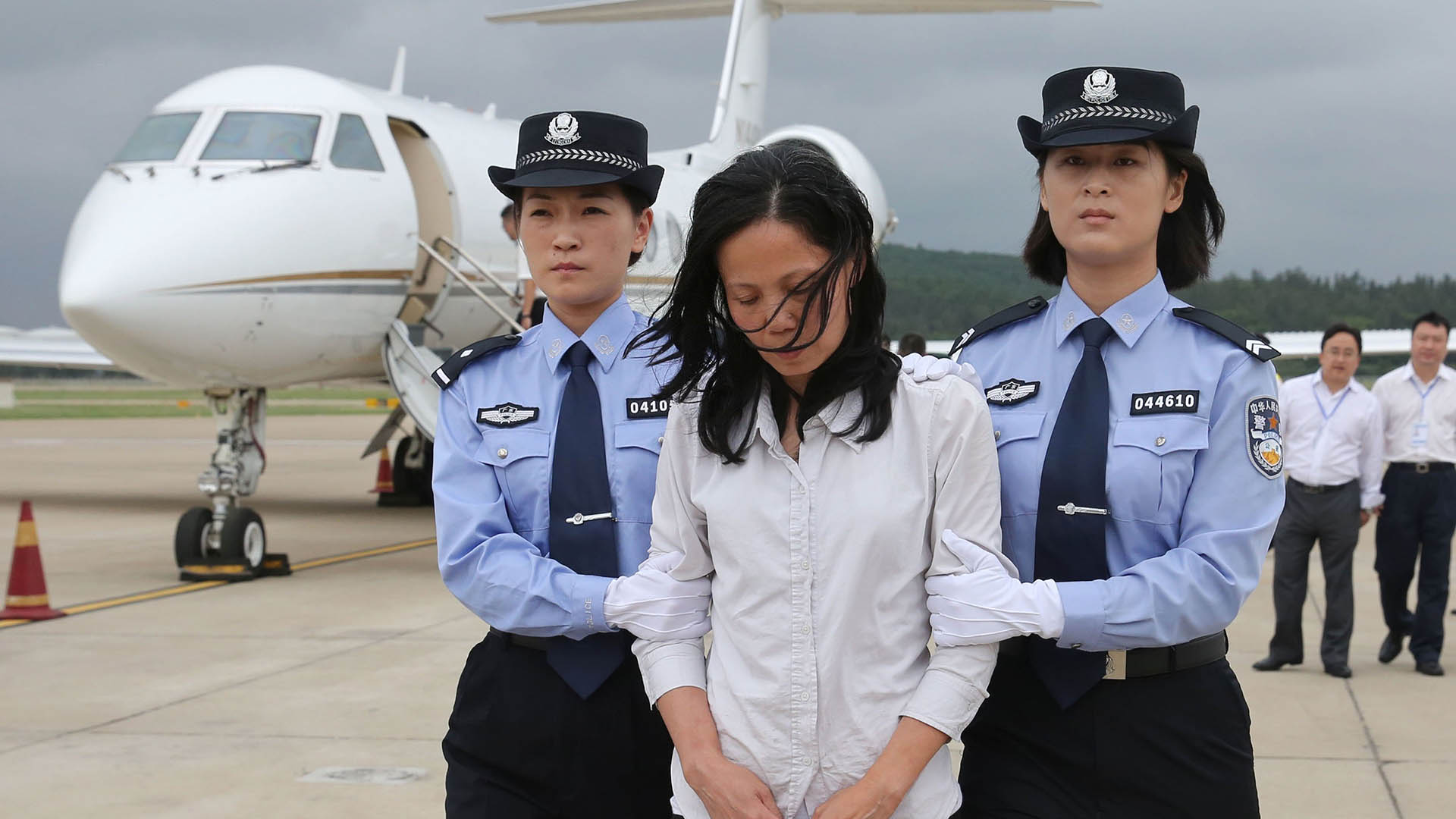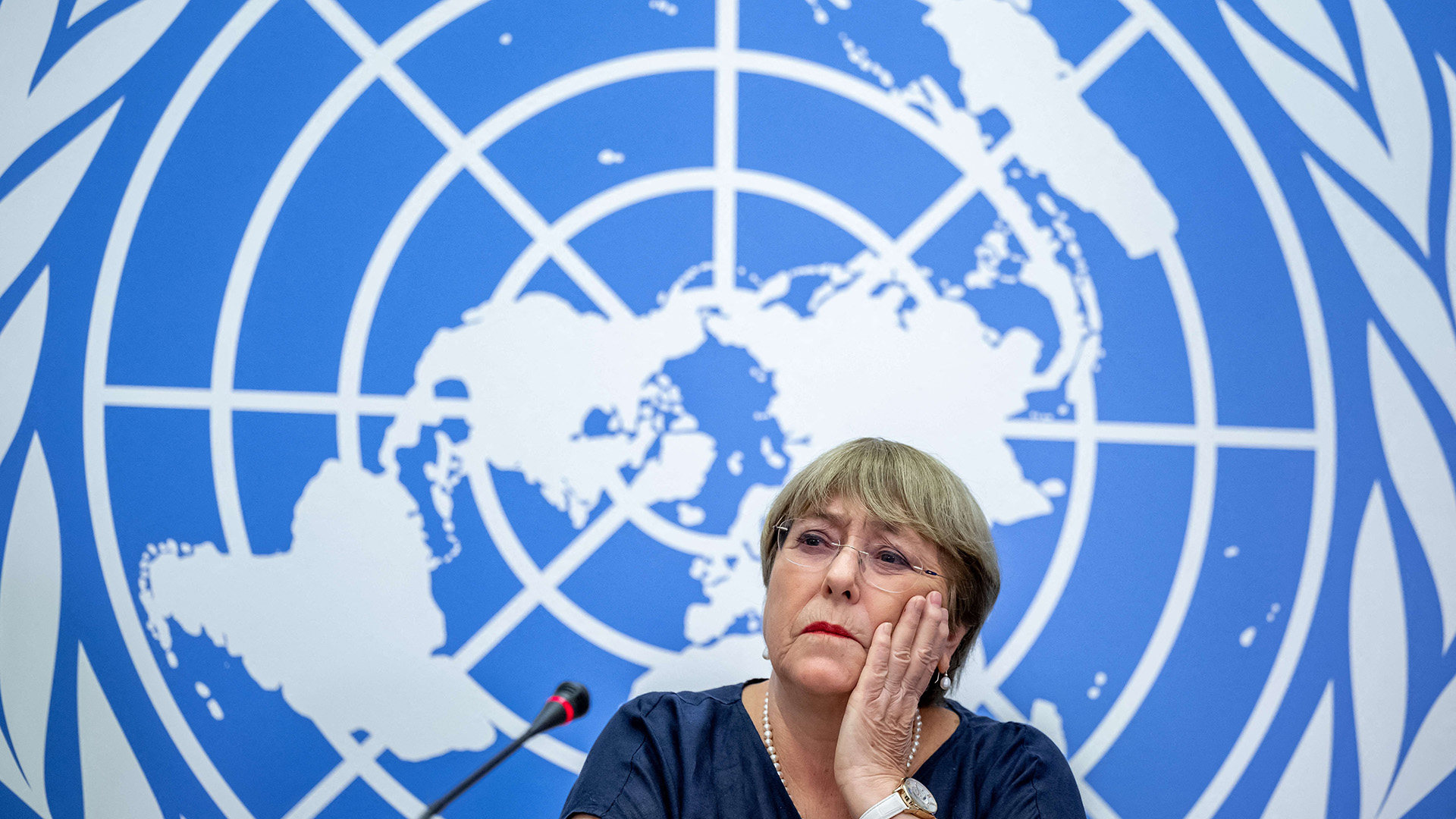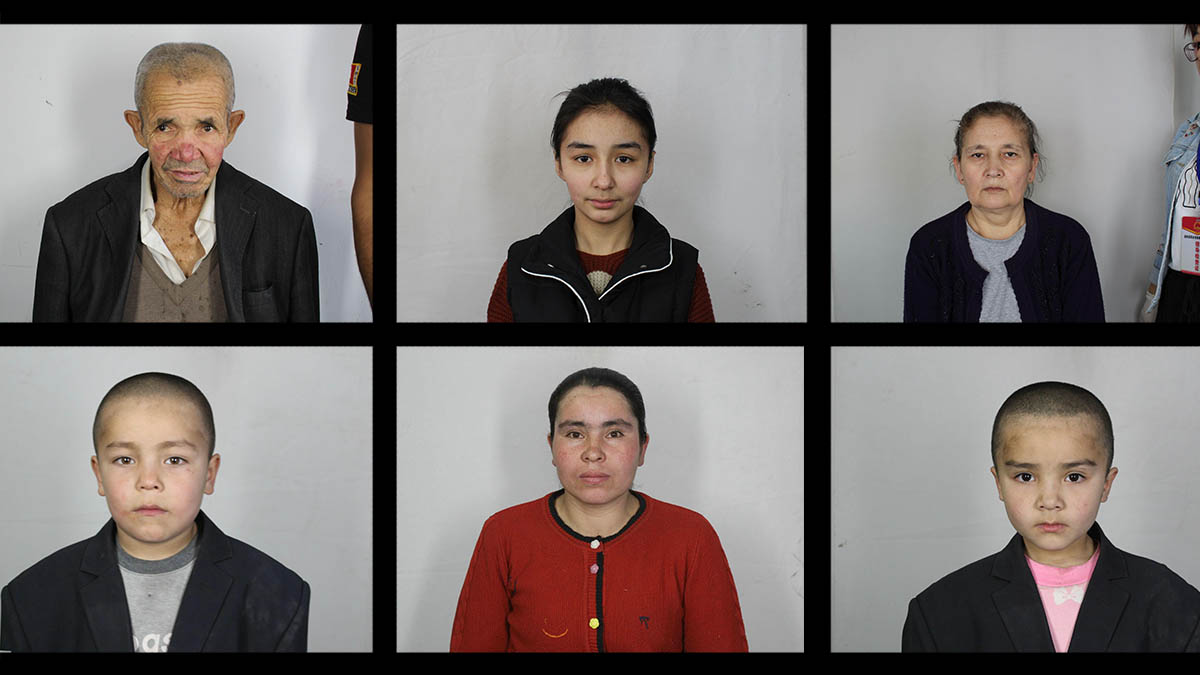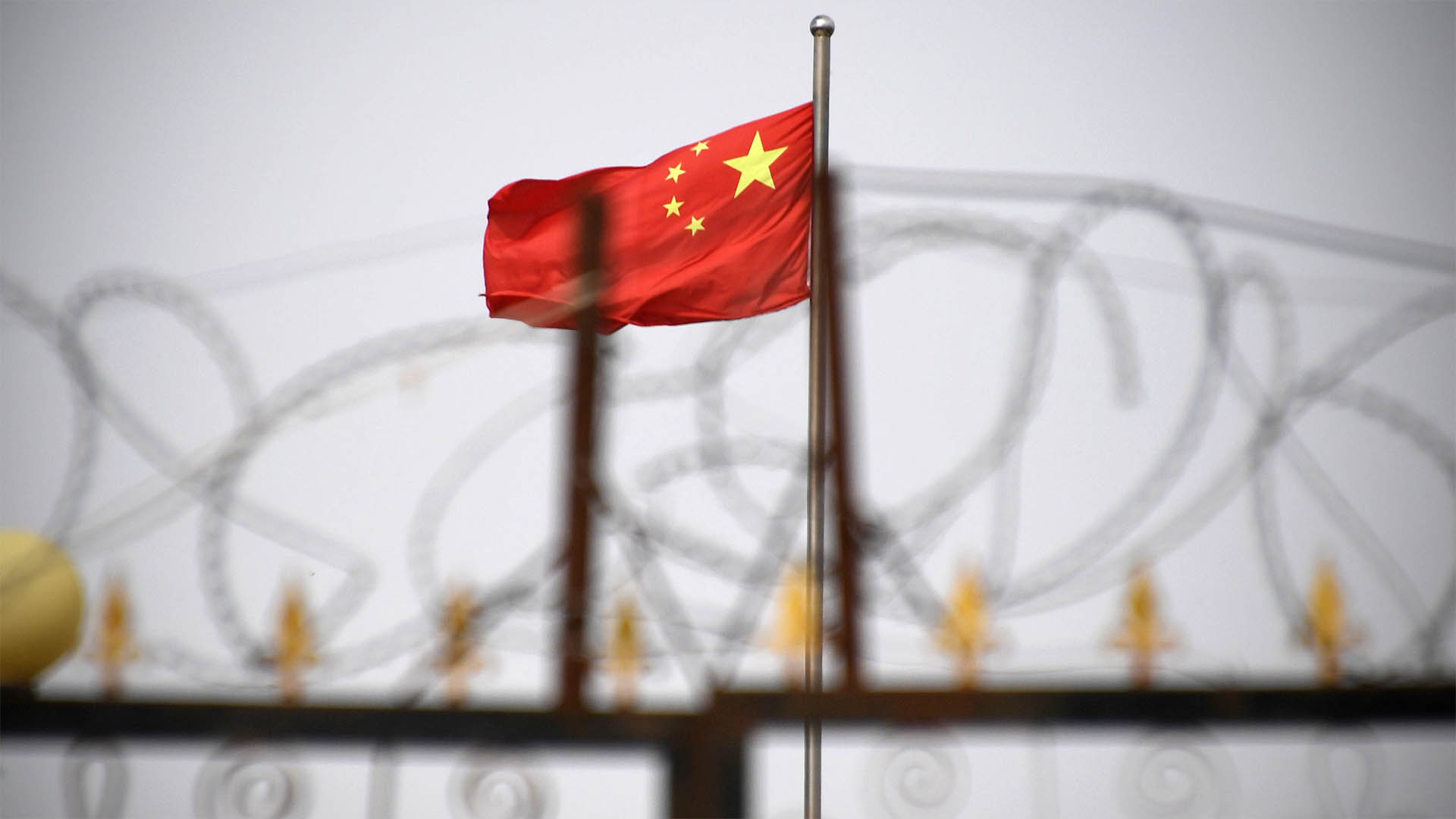More than 80,000 Uighurs have been transported across China from their native Xinjiang province to work in factories making products for 83 global brands, including Apple, Nike, Gap and Sony, according to a new report from the Australian Strategic Policy Institute (ASPI).
The Canberra-based think tank report says that Uighurs have worked in conditions that “strongly suggest forced labour” in 27 factories across China since their transfer, many of them directly from “re-education centres,” between 2017 and 2019.
“In factories far away from home, [Uighur workers] typically live in segregated dormitories, undergo organised Mandarin and ideological training outside working hours, are subject to constant surveillance, and are forbidden from participating in religious observances,” the report states.
China has incarcerated hundreds of thousands of Muslim Uighurs and other minorities in detention camps as part of a crackdown on expression of cultural, political and religious diversity.
In November, the International Consortium of Investigative Journalists’ China Cables investigation revealed the secret operations manuals for the running of the forced assimilation camps, where detainees are held in prison-like conditions and forced to undergo ideological indoctrination.
China Cables ramped up the international pressure on the Chinese government over the country’s human rights record, with politicians in the U.S. and Europe calling for sanctions and even a television boycott of the 2022 Beijing Winter Olympics.
China has repeatedly denied allegations of human rights abuses, dismissing China Cables and other media reports of the Uighurs’ plight as “fake news.”
However, the denials have failed to avert the international spotlight on the issue. Last week the United Nations human rights chief Michelle Bachelet demanded “unfettered access” to the region, after the Chinese government agreed to allow the U.N. to conduct a fact-finding mission in Xinjiang.
The authors of the latest report, which is based on published supplier lists, media reports, and the factories’ claimed suppliers, are calling on China to allow multinational customers to inspect the factories.
“While we are unable to confirm that all employment transfers from Xinjiang are forced, the cases for which adequate detail has been available showcase highly disturbing coercive labour practices consistent with International Labour Organization definitions of forced labour,” the report concluded.
Commenting on the report in The Washington Post, the affected companies contacted variously claimed either to have severed links with the factories concerned or claimed to have no knowledge of the practices
Nike spokeswoman Sandra Carreon-John said the company was committed to upholding international labor standards, saying that its suppliers were “strictly prohibited from using any type of prison, forced, bonded or indentured labor.”
Apple spokesman Josh Rosenstock said the company had not seen the report but it was “dedicated to ensuring that everyone in our supply chain is treated with the dignity and respect they deserve.”
